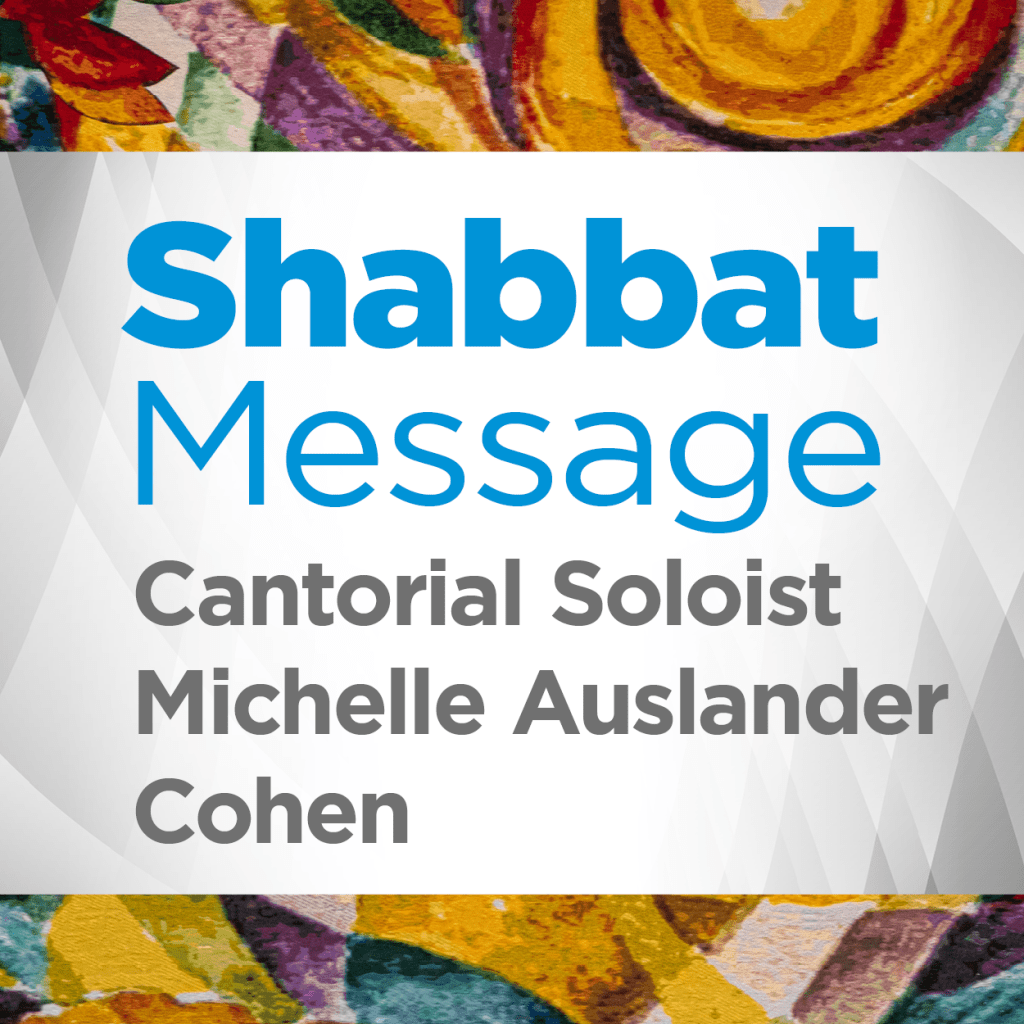There is a saying that we often tend to look at events of the past through rose colored glasses. In fact, this phenomenon of seeing past negative events in a more positive light is a condition called Fading Affect Bias. Our brains try to forget negative events quickly, but cling onto positive ones.
Rosy retrospection refers to our tendency to recall the past more fondly than it might have been.
What does Rosy Retrospection have to do with Purim?
This weekend, the weekend before Purim, is called Shabbat Zachor – the Shabbat of Remembrance. Purim is a celebratory holiday with music and joyfulness. However, it is easy to fall into the trap that Purim is purely a fun, silly holiday with some larger than life characters. Purim is much more than that. The Jewish people witnessed pure evil in Shushan and feared for their lives. So before we begin to celebrate, God commands us, by way of Shabbat Zachor, that we remove those rosy colored glasses and costumes, and face some harsh realities about life and the essence of Purim.
On Shabbat Zachor we remember Amalek, one of the first nations to commit acts of terrorism against the Jewish people, a nation known to be the ancestors of Haman.
As the Jewish people left Egypt, the Amalekites launched a surprise attack on a group of tired and vulnerable Israelites, the last in line to exit Egypt where they were slaves. It was a surprise attack – totally unprovoked – on a group of weak and vulnerable people.
Why would God specifically command us to remember Amalek, especially before such a joyous time as Purim?
Fading Affect Bias is a universal phenomenon across different cultures. The danger of our brains trying to forget negative events and turning them into positive ones is that it makes it easy to repeat the mistakes of the past.
With infinite wisdom, the Holy One gave us a Shabbat of Remembrance before we celebrate Purim, so that we don’t fall into this pattern of Rosy Retrospectrum and we remember with absolute clarity the evil of Amalek and Haman, and the sheer terror they caused to the Jewish people.
Not only did this terror come in the form of physical violence – it caused severe mental trauma. What happens to a person who believes they are safe but are violently attacked without provocation? That person is robbed of their sense of security and their peace of mind. Living in doubt becomes part of their daily routine.
When one lives in doubt, every fiber of their being is affected. Think about it: what happens when you spend the day doubting yourself? Your actions, your beliefs, your choices…your world slowly crumbles to pieces because you don’t have the courage of your convictions, and you are always looking over your shoulder, waiting for the next attack. You’re lost.
In Judaism, we are taught that the answer to conquering doubt is Faith – Emunah. There is a beautiful phrase in a song by Israeli singer Meir Banai that says,
“Kavanah notenet Emunah”. With Intention comes faith.
Shabbat Zachor is not only about remembering the evil of Amalek, it’s about remembering that deep sense of faith that is woven through the heart and soul of each and every one of us. Faith that we must summon up from the depths of ourselves on this Shabbat Zachor to remind us that we have strength to face whatever may come.
And how do we find our faith?
With awareness. Intention. Mindfulness.
Humility. Awe. Gratitude. Trust and Love.
During this extremely difficult time, I pray we all learn to enter each day with pure intentions of kindness and strength that help renew our faith in ourselves and in God. Faith that we may have the strength to face the truth of our personal and collective past, for all its successes and failures, and learn from them.
Before we put on our costumes and perform our silly spiels, this Shabbat Zachor, let’s take time to remember Amalek, and to reflect on the Amelakites that still exist in the world and how we can offer assistance to those in need.
May we all find the faith inside ourselves to conquer the doubt that robs us of expressing and sharing the beauty of our truest selves.
Shabbat Shalom,










